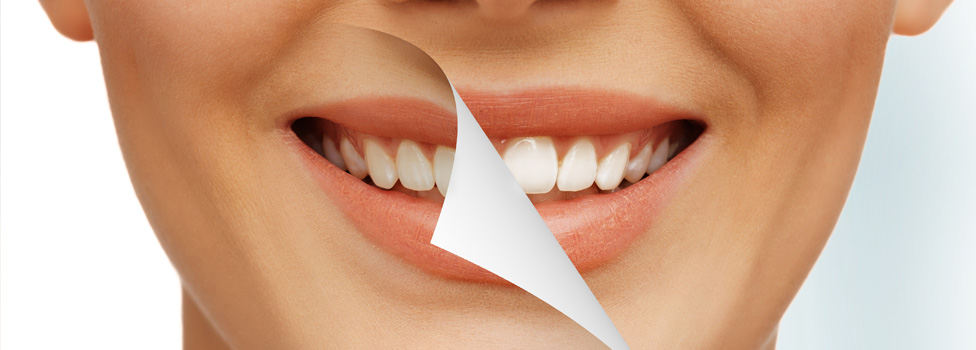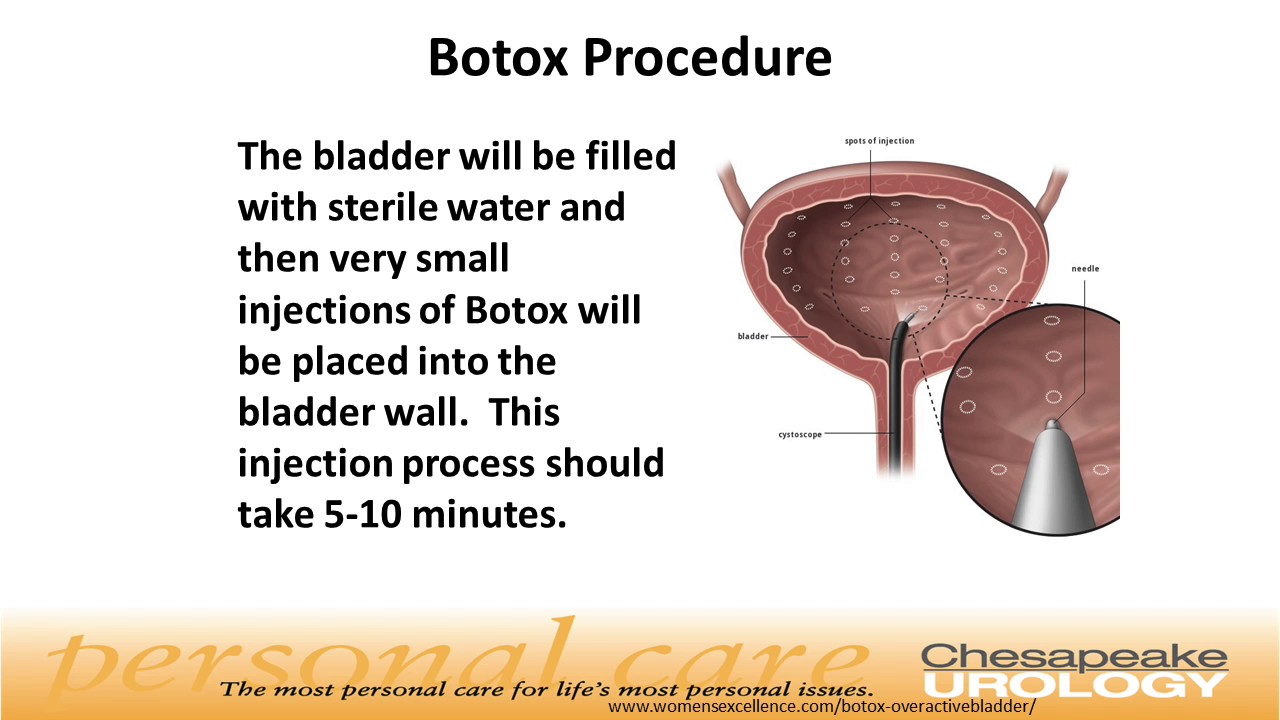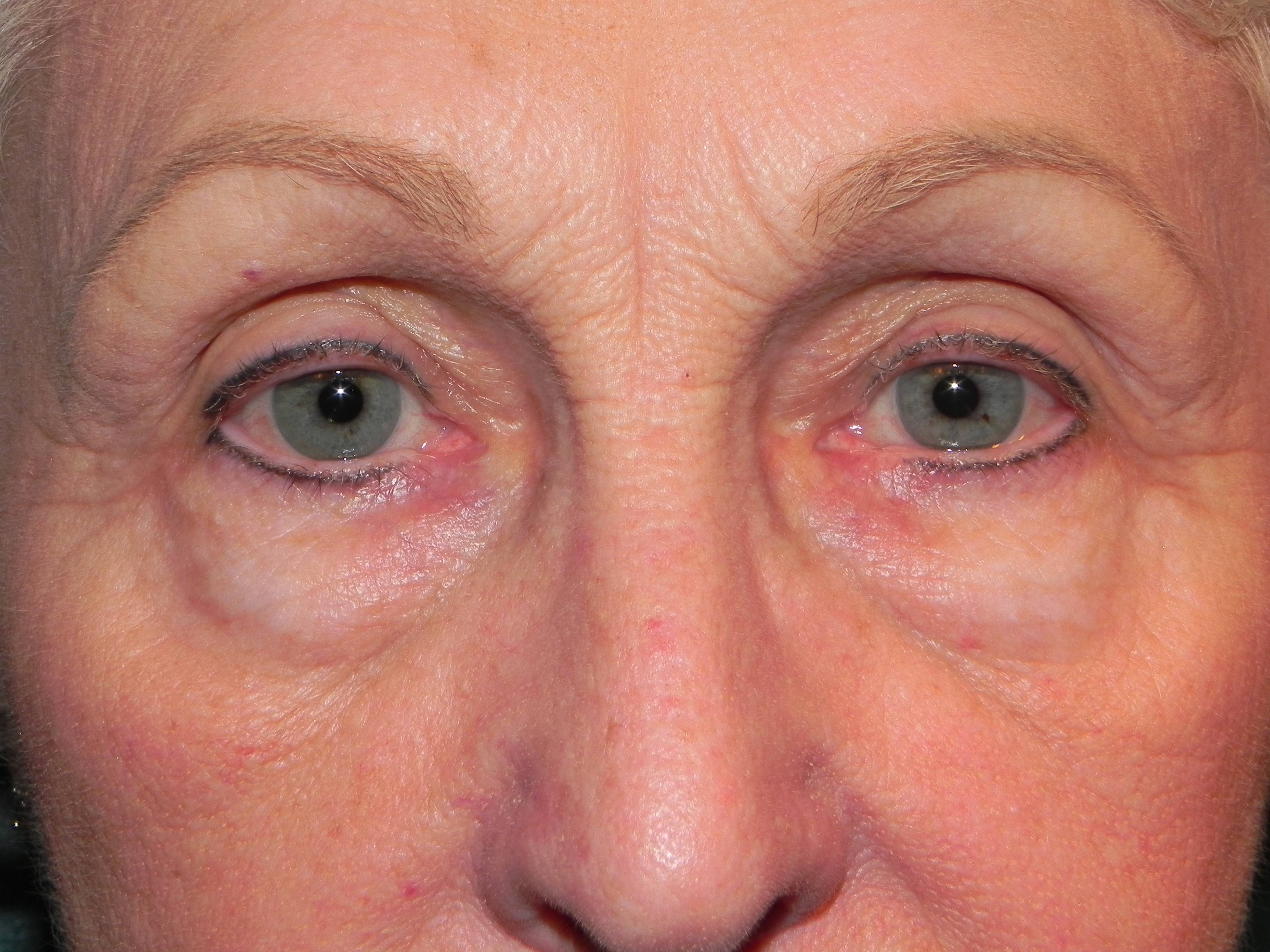
There are a wide variety of options when it comes to buying health and beauty products. Online sellers are available for both small and large-scale purchases. Some sellers sell health and beauty products exclusively online, while others are exclusively available in their local stores. These are the key points to remember for both.
Positioning your brand in the beauty and health industry
Start a business that sells health and beauty products. You should build your brand around a USP. Your USP is what sets your product apart from the rest. It can be anything from its quality ingredients to transparency in its supply chain. RX Bar is an example of a company that has a "NO BS' energy bar. It only uses real foods in its bars. This approach can increase sales but it can also lead to less brand love.
It is crucial that you understand your target market and their pain points before building a brand. Your target consumer will help define the brand positioning that makes the most sense to your product. Once you've identified your brand positioning statement it is possible to begin creating your playbook.

Brand authenticity
As consumers demand authentic products and services, authenticity is becoming more important in the beauty and health industry. As consumers spend more money to buy more expensive products, brands need to demonstrate their true worth by offering benefits that are consistent with their brand's values. To achieve this, brands must go beyond viral products and social media presences. They must show how their products improve lives beyond the beauty industry.
Affluent consumers today expect transparency from brands, products, as well as services. To attract and maintain this expanding market, luxury brands have to be authentic. They should have an emotional connection with their customers and be able to use online and new technologies to create personalised experiences at scale.
Shipping restrictions
There are several things you should keep in mind when shipping beauty and health products. Due to their danger, perfumes and other topical products cannot be shipped via air freight. Foundation, for example, is too expensive and fragile to be shipped by air. If they are not properly packaged for international shipping they might be damaged. Some cosmetics may even spoil if they are not stored properly. These regulations often apply to beauty and health products.
Some products are capable of meeting the shipping requirements, but not all. Manufacturers of beauty and healthcare products must conform to the European Union Cosmetic Regulation. These files contain information regarding the ingredients, including safety information as well as ingredient lists. Cosmetics, for example, cannot be shipped into the EU if they contain substances which are prohibited or classified as dangerous.

Competitive landscape
The health and beauty industry faces a fierce competition. As consumers are increasingly hyper-aware of health trends, health practitioners need to develop content that is clear and compelling to attract their target audience. Practitioners must also respond to news about upcoming trends in health to keep up with their competition. Practitioners should be able to compare new health trends and traditional techniques in order to do so.
The report offers insight into key market drivers and challenges. The report provides insight into market dynamics, including the degree of competition within different geographies.